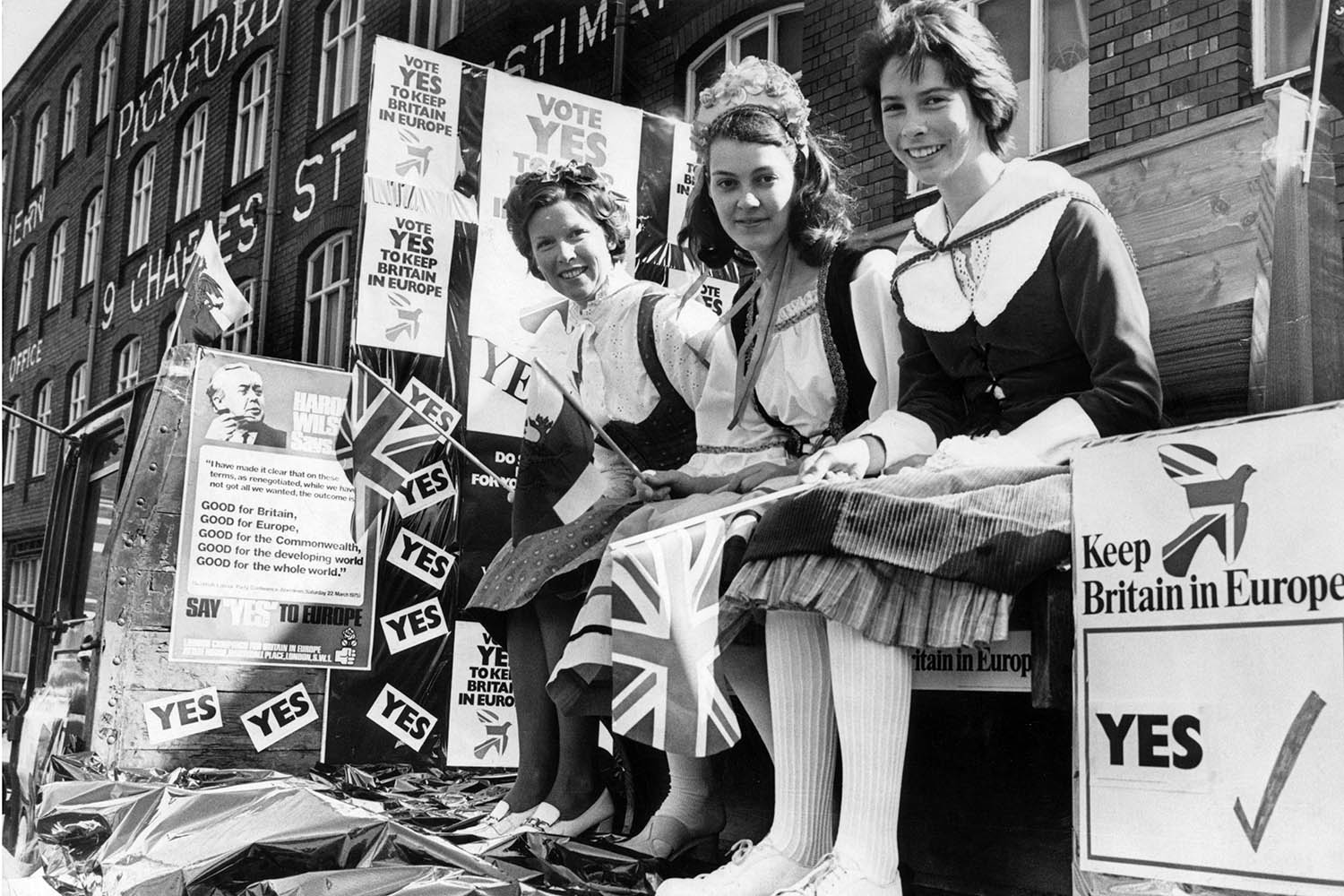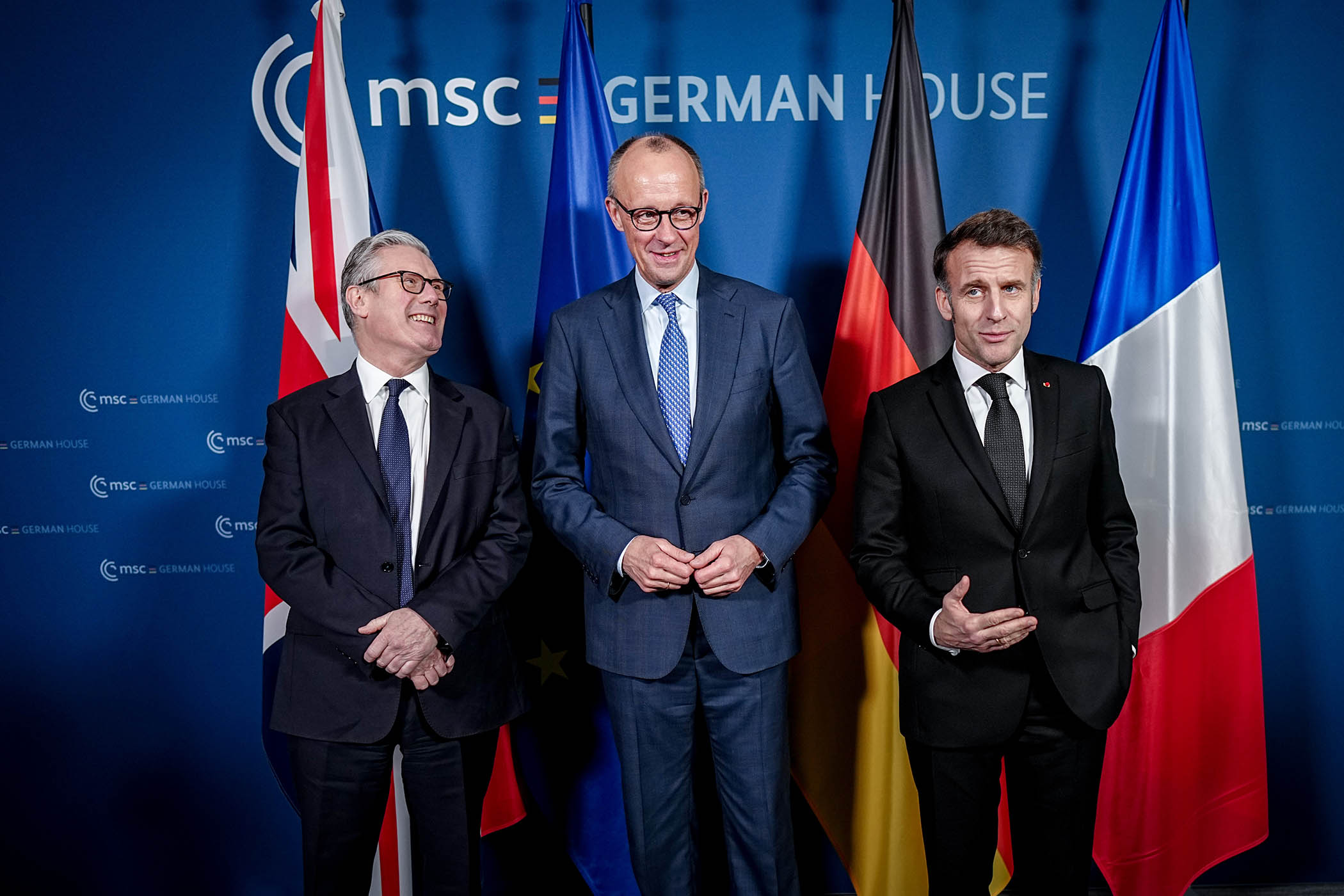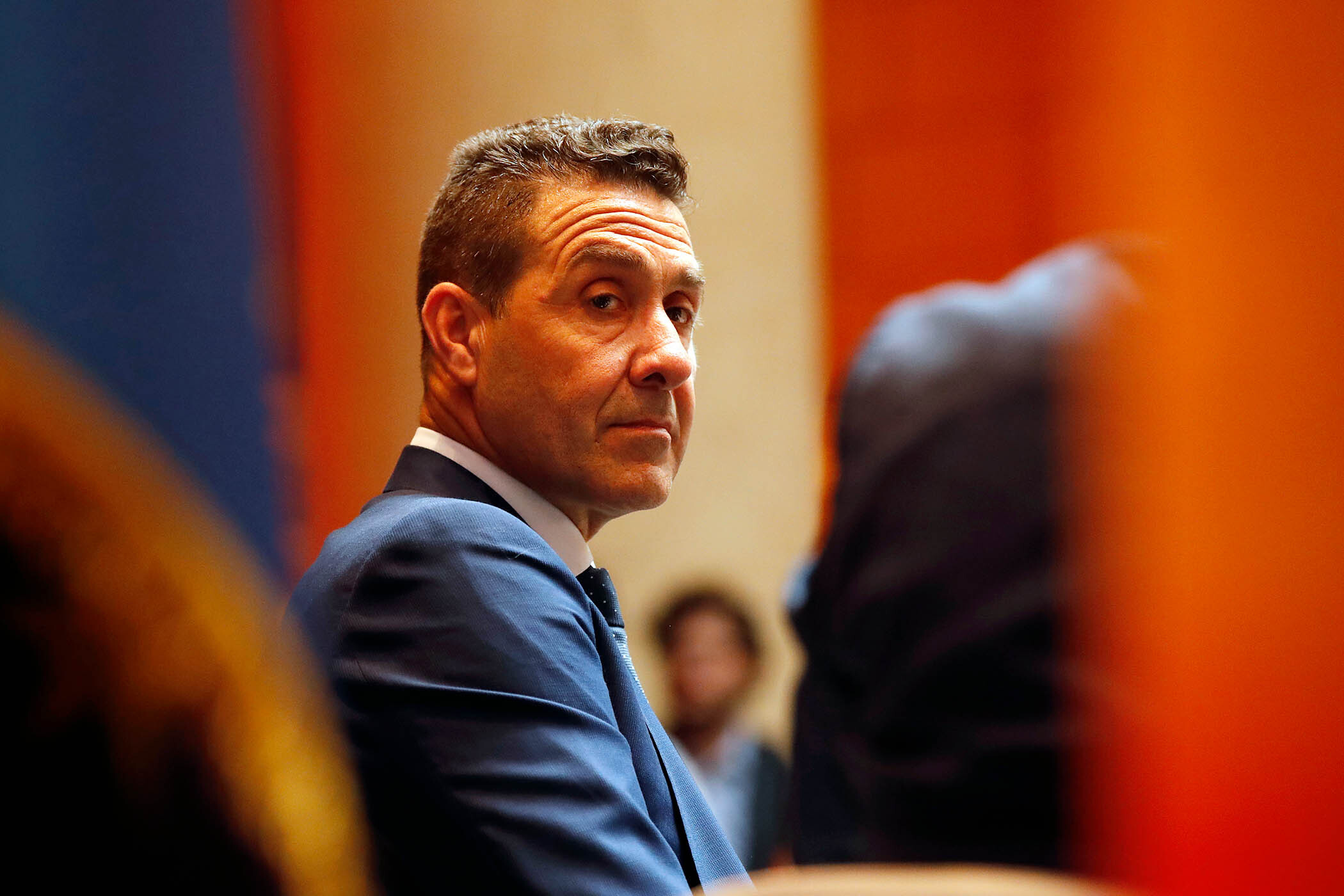In the summer of 1975 I was a postman not a politician. Twenty-five years of age, married with three children, I was living on a council estate in Slough where our neighbours, like us, had been moved out of the slums of west London.
Basic pay in the Post Office was low and we postmen and postwomen were reliant on overtime. For us, the main effect of that year’s European referendum was the requirement to deliver a range of separate leaflets giving the case for “Yes” (to staying in) and “No” (for coming out).
As a local union rep I personally negotiated three hours of overtime for each leaflet; Europe was already making us more prosperous. Like many others on our estate, I voted “Yes”, with my children’s future in mind.
This week marks 50 years since Britain voted decisively to remain in the European Economic Community. On 5 June 1975, 67% of the public backed continued membership of what was then known, affectionately and with a touch of pragmatism, as the Common Market. It was a moment filled with ambition, optimism and a recognition that our future – economic, political, even cultural – was intertwined with the other countries in our continent.
Back then, a Labour prime minister, Harold Wilson, made a pragmatic and principled case for Europe. Wilson kept a low profile during the referendum campaign having dispatched his foreign secretary, James Callaghan, to secure a modest improvement in Britain’s terms of entry ahead of the vote. But, as a co-author of the “Yes” leaflet, Wilson made a compelling case for continued membership: “Being in [the EEC] does not in itself solve our problems. But it offers the best framework for success, the best protection for our standard of living, the best foundation for greater prosperity.”
I recall how the debate wasn’t about butter quotas or institutional reform. It was about the direction our country would take. The European question was posed as part of a broader national conversation about industrial competitiveness and how to build on the remarkable peace and prosperity secured on a continent in which two world wars had begun that century. Today, talking about the EU means engaging in the culture war. Facts have been replaced by feelings. Efforts to deliver real economic gains – lower prices, higher exports, new jobs – are buried beneath empty slogans about sovereignty.
We can’t undo the referendum of 2016. Nor should we ignore the voters who backed it. But we can recapture the belief that Britain belongs at the heart of Europe’s future
We can’t undo the referendum of 2016. Nor should we ignore the voters who backed it. But we can recapture the belief that Britain belongs at the heart of Europe’s future
But public opinion is shifting. Business owners, young people, scientists, farmers and trade unionists are calling for deeper trading ties with the EU. The political and media debate remains fractious, bordering at times on unhinged. But the reality on the ground is undeniable: Brexit didn’t deliver on its promises. Growth is sluggish. Investment is shy. And voters are now more open-minded about how to turn things around.
So what do we do with this moment?
We can’t undo the referendum of 2016. Nor should we ignore the voters who backed it. But we can recapture the spirit of 1975, the belief that Britain belongs at the heart of Europe’s future. That doesn’t mean rejoining the EU. It means building back trust, re-aligning intelligently and committing to serious, grown-up politics when it comes to our neighbours. Last month’s summit was a step in the right direction. All of us who want Britain to reclaim its rightful place as a leader in Europe must make sure it is not the final destination.
In 1975, Wilson didn’t try to turn Europe into a matter of identity or ideology. He presented it as a question of national interest and aspiration. He was a Labour leader who understood that active engagement with Europe was a prerequisite for a modern Britain to maximise its potential. He understood that Britain could lead not by standing on the periphery, but by helping to write the rules of what was to become the biggest commercial market in the world.
Newsletters
Choose the newsletters you want to receive
View more
For information about how The Observer protects your data, read our Privacy Policy
We need that attitude again in 2025. We need political leadership – on all sides – willing to say that our long-term prosperity depends on a strong, functional relationship with the EU. We need to be talking about a new deal on goods, services, research and security. We need to be honest that alignment in key areas is not a surrender of sovereignty but an expression of it – because it’s how we shape our economy’s destiny rather than having it shaped for us.
The overwhelming “Yes” vote in 1975 led the Daily Telegraph to describe the result as “quite frankly a triumph for Mr Wilson”. But he’d delivered a triumph for Britain, a moment when the country looked forward. We’ve spent too many years looking back – to imagined glories, to perceived slights, to scapegoats to blame for problems of our own making.
Now is the time to face forward again. Let the 50th anniversary of Britain’s first ever plebiscite remind us what ambition feels like. Not the ambition to walk away from something, but the ambition to build something better – to engage with our neighbours rather than be isolated from them.
Alan Johnson is a former home secretary. His book, ‘Harold Wilson: Twentieth Century Man’ (Swift Press), is out now.
Photograph by Edwards/Western Mail Archive/Mirrorpix/Getty Images


